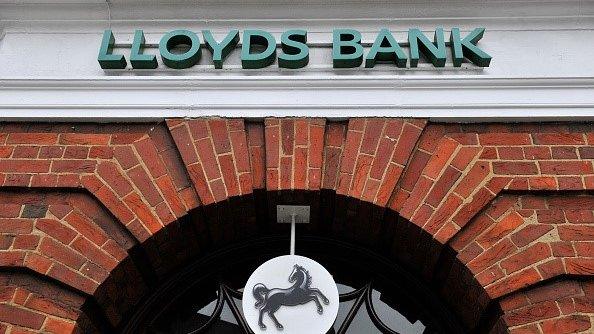Lloyds reports highest profit in decade
- Published
- comments
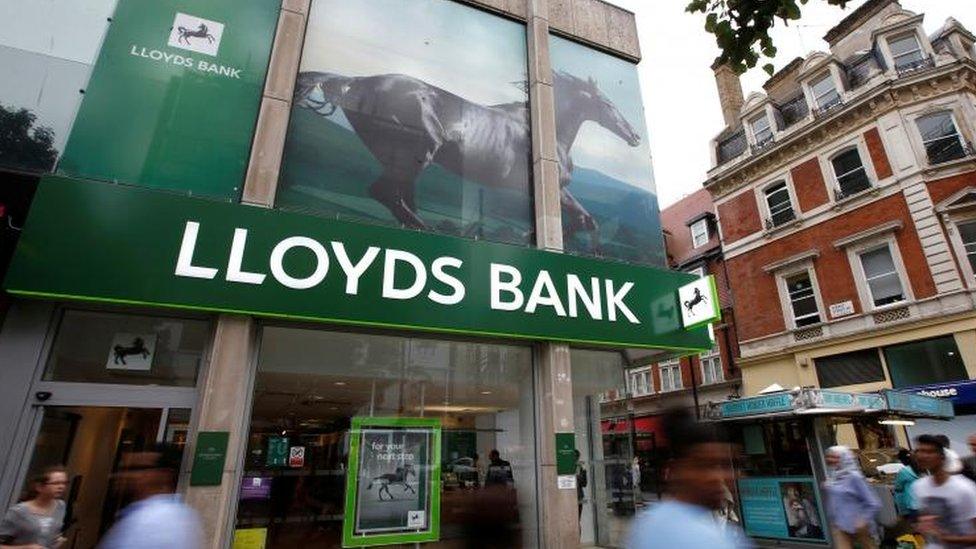
Lloyds Banking Group has reported its highest annual profit in a decade, helped by a reduction in payment protection insurance (PPI) provisions.
Pre-tax profits increased by 158% to £4.24bn, a level last seen in 2006 before the financial crisis.
Provisions for PPI declined from £4bn to £1bn, bringing the total to £17bn.
The UK government's stake in Lloyds has now fallen below 5% and it has said it wants to return the bank to full private ownership this year.
The government spent £20.3bn to acquire a 43% stake in Lloyds at the height of the financial crisis.
It has returned more than £18.5bn to the taxpayer since 2009.
Economy 'resilient'
However, underlying profits for 2016 fell to £7.9bn, down from £8.1bn.
Total income for the group also edged down to £17.5bn compared with £17.6bn the previous year.
In addition to the £1bn set aside in the third quarter to cover PPI claims, Lloyds also made a provision of a further £1.1bn for other "conduct" issues.
The company has increased its dividend by 13% and will also pay a special dividend.
Lloyds, which is the UK's biggest retail banking group, also owns the Halifax and HBOS brands.
"Given our UK focus, our performance is inextricably linked to the health of the UK economy which has been more resilient than the market expected post referendum, with GDP growth of 2% in 2016," said group chief executive Antonio Horta-Osorio.
"The UK's decision to leave the European Union means the exact nature of our relationship with Europe going forward remains unclear and the economic outlook is uncertain.
"However, the recovery in recent years with low unemployment, reduced levels of household and corporate indebtedness and increased house prices means the UK is well positioned," he added.
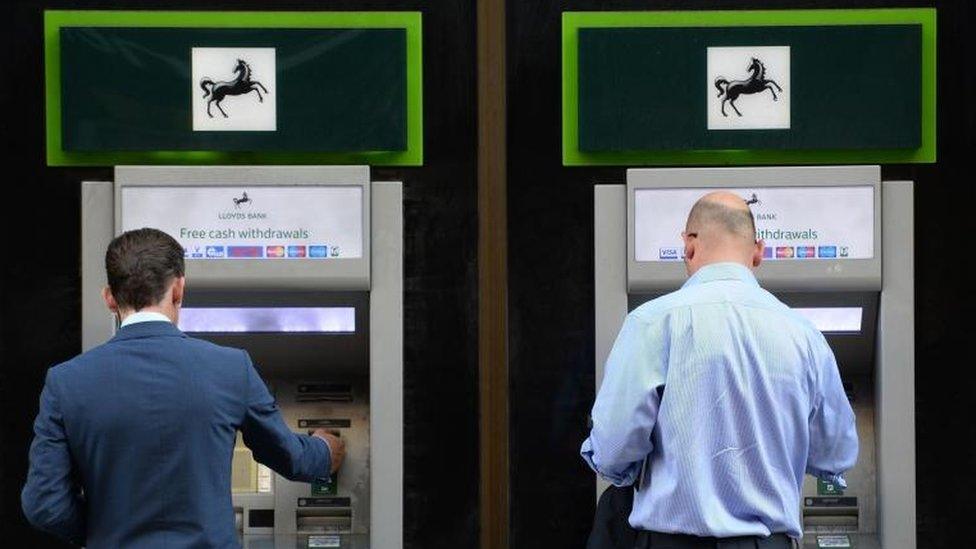
In a separate report, it was revealed that Mr Horta-Osorio's total pay package fell sharply last year, from £8.7m to £5.5m. The decline was driven mainly by a steep fall in his long-term shares award following the Brexit vote, which hit Lloyds stock.
However, his short-term bonus increased and his base salary went up for the first time since he joined the company in 2011.
'Difficult backdrop'
Richard Hunter, head of research at Wilson King Investment Management, said Mr Horta-Osorio had "transformed" Lloyds into "something of a modern day success story in the aftermath of the financial crisis" with its recovery seemingly nearing completion.
However, he added: "Naturally, challenges will follow as the UK consumer is showing some early signs of retrenchment, which makes the rise in the impairment number a little more troubling.
"Historically low interest rates will also continue to provide a difficult backdrop for banks in general, whilst the cost or regulation - let alone any further fines darkening the picture - will be a necessary cost of doing business.
"Even so, the overall picture is one of robust recovery for Lloyds, where the share price has enjoyed a strong run of late, having added 21% over the last six months alone."
Lloyds shares rose by 3.6% following the results, making the bank the biggest riser on the FTSE 100.
- Published23 January 2017

- Published12 January 2017

- Published9 January 2017
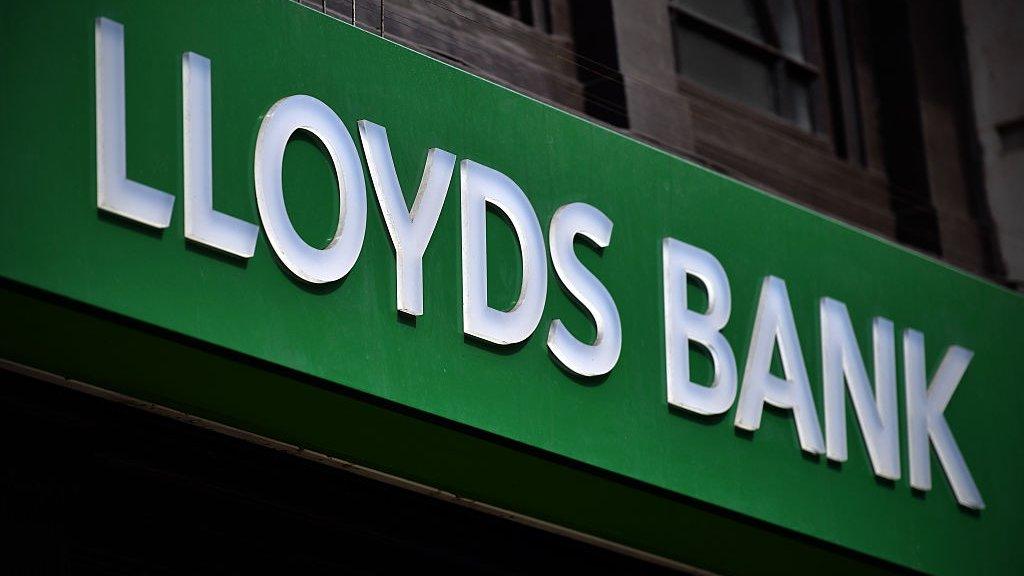
- Published20 December 2016
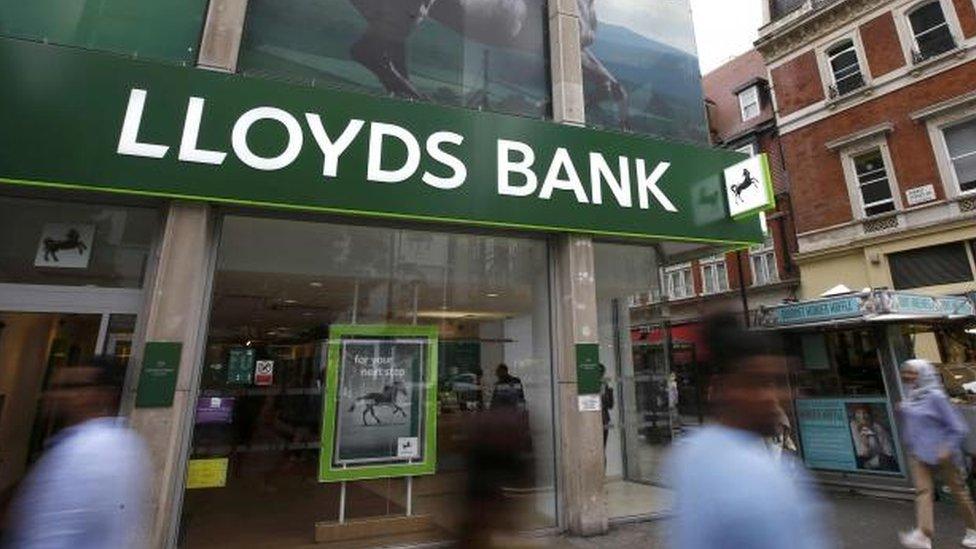
- Published26 October 2016
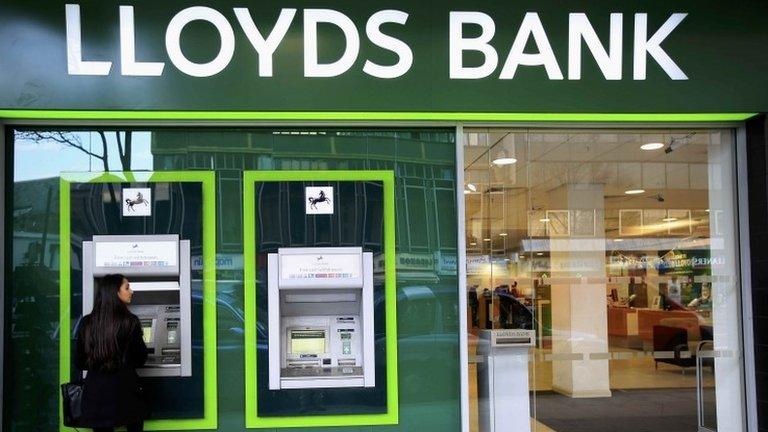
- Published12 October 2016

- Published28 April 2016

- Published17 May 2016

- Published25 February 2016
